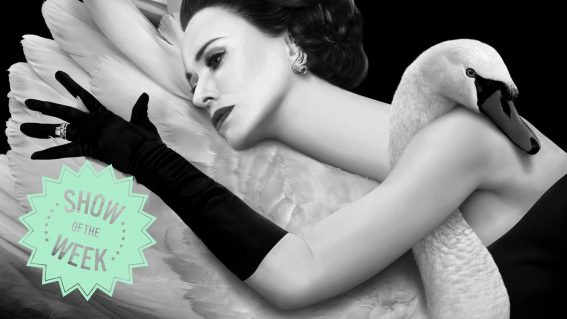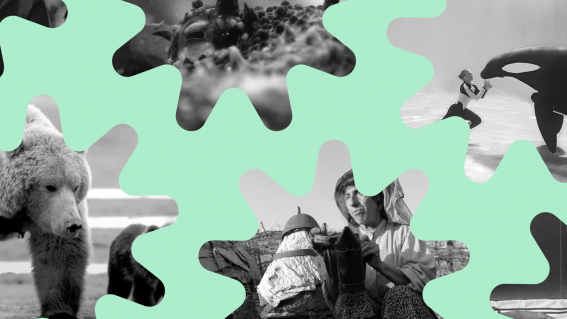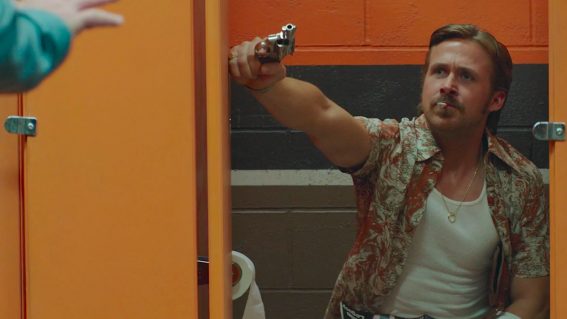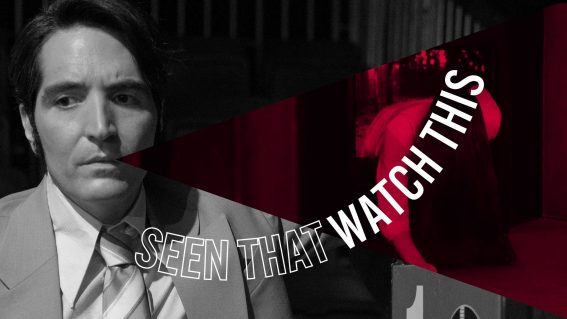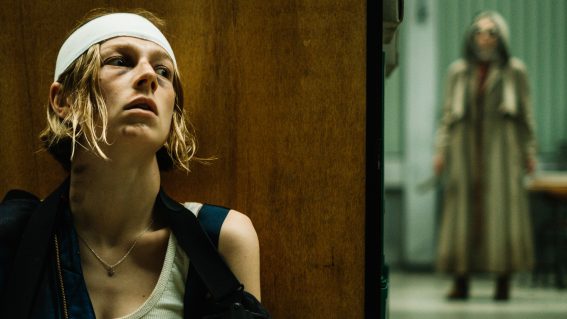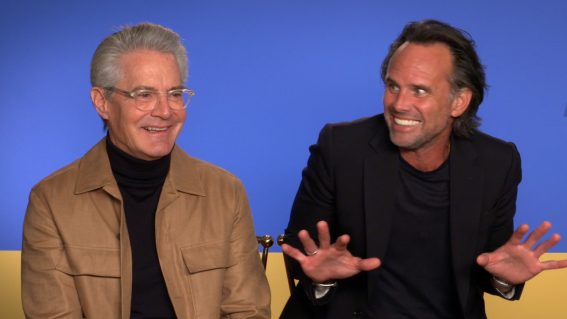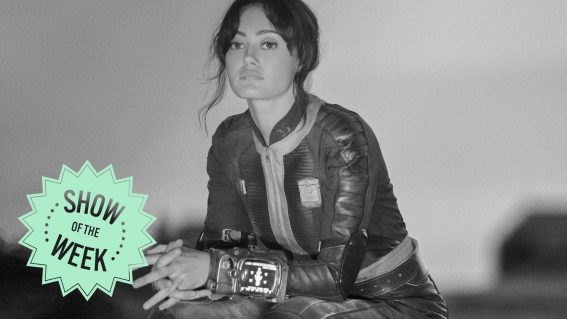The storytellers behind New Zealand’s Best short films playing at NZIFF 2019
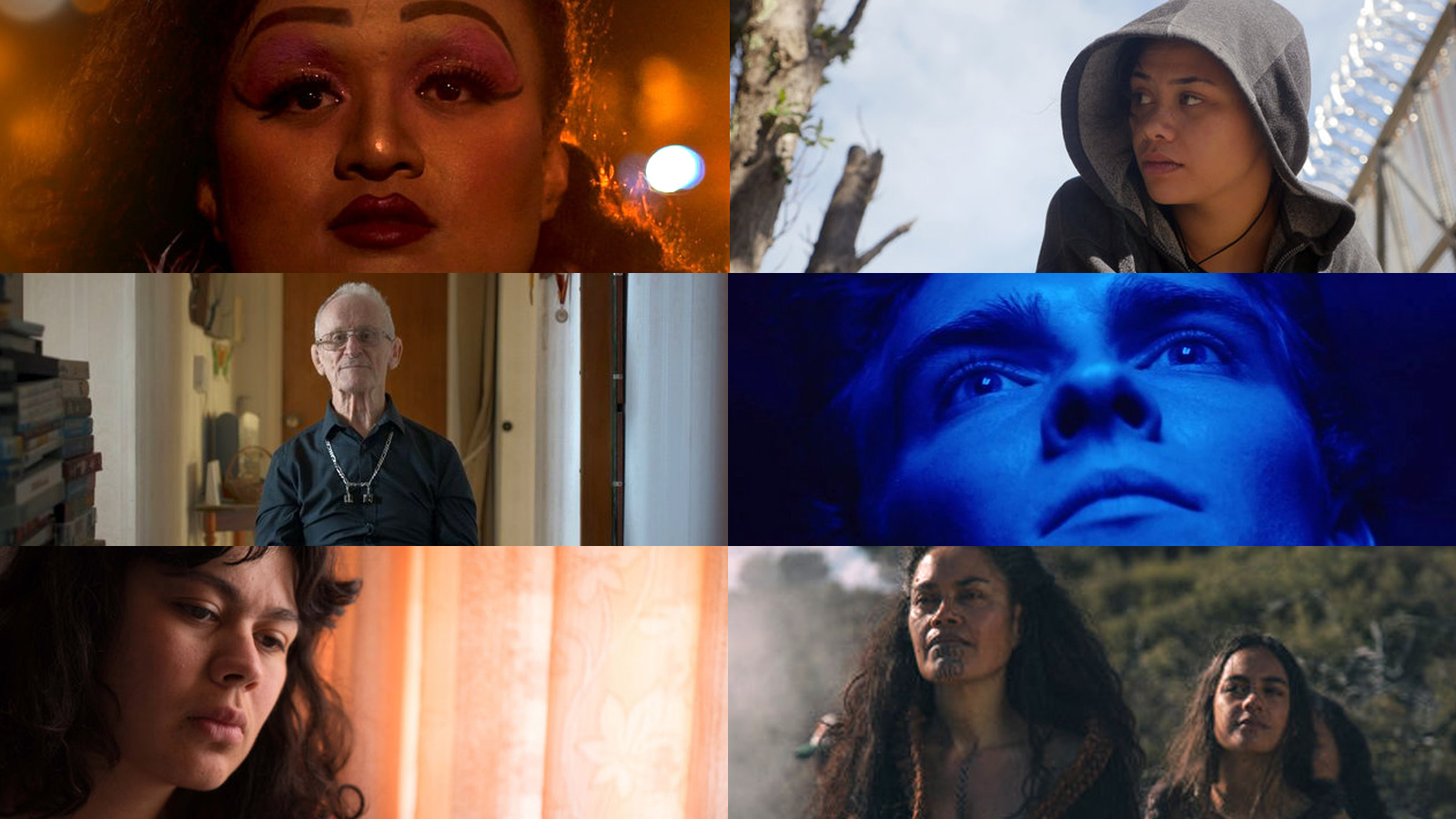
Playing as part of the 2019 New Zealand International Film Festival, New Zealand’s Best showcases six incredible short films from Aotearoa, handpicked by local living legend Jane Campion. We asked each filmmaker a few questions about their films.
Keely Meechan, director of Nancy From Now On
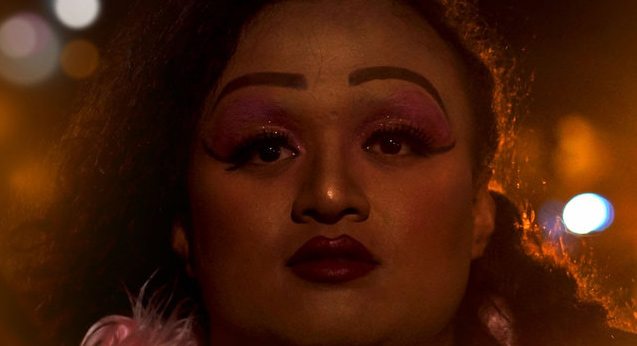
Describe your film in EXACTLY eight words.
Don’t be a drag, just be a queen.
What drove you to tell this story?
I wanted to portray a realistic relationship between a single father and son going through a change in their enduring dynamic.
The motivation for the film came about after a conversation I had with my own father where he declared his wanting to tell my brother that he accepts him in all his gay glory but that he felt too awkward to bring up the topic. I found something quite heartbreaking that a loving man was almost embarrassed to express his love and thought that notion was very telling of the fragile state of masculinity in Aotearoa.
What reaction are you hoping to get from audiences?
I hope that anyone in a similar situation to the characters feels inspired to talk about their sexuality to their friends and whānau. Representation on-screen plays a crucial part in making people feel as though they are visible and have room to thrive in society so even though it’s just a small film I would love for it to have some part in alleviating some of the tension and taboo around sexuality in Aotearoa.
Can you share your favourite memory during your time making this film?
Filming scenes with Taungaroa Emile was a real highlight for me. He was very giving and open during the process which made everyone on set feel at ease. He also ad-libbed one of the best lines at the end of the film which I can’t take credit for.
What was the last great film you saw?
The best film I’ve seen recently is Hinekura by Becs Arahanga, one of the other shorts selected in the New Zealand’s Best category for NZIFF. It tells a story of femininity that was so utterly engaging and compelling and unlike anything I’ve ever seen on the big screen.
Briar Grace Smith, director of Krystal
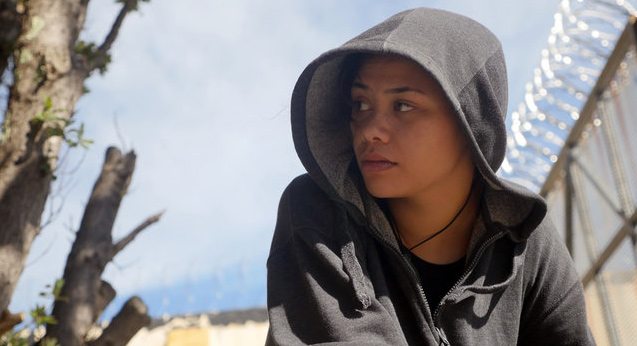
Describe your film in EXACTLY eight words.
Krystal is finally free. Or is she really?
What drove you to tell this story?
Krystal was made in collaboration with Toi Whakaari, that meant we needed to create a film that allowed us to work with a large cast. We all wanted the making of this film to be exciting and a learning experience for all involved. The process was just as important as the film.
Before the script was written, writer Josephine Stewart Te Whiu and I talked about that, and also what was on our mind—and what was on our mind? Rangatahi. The Justice System. Slipping through gaps. Black Mirror. Pace. Whānau.
What reaction are you hoping to get from audiences?
A reaction.
Can you share your favourite memory during your time making this film?
I went to Toi Whakaari to do a costume check intending to leave afterwards. The students were all keen to have an unscheduled rehearsal. So we occupied a room in the building until we were kicked out.
We had a lot of fun making this. The producers, acting and design students were all committed one hundred percent. It was a good collaboration.
What was the last great film you saw?
Two years later, I still think about Sami Blood, written and directed by Amanda Kernall.
Prisca Bouchet and Nick Mayow, directors of Egg Cup Requiem
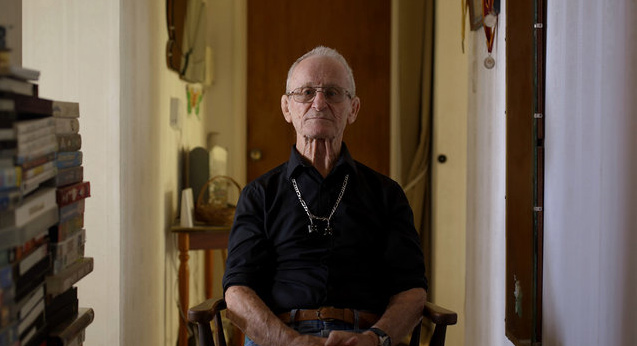
Describe your film in EXACTLY eight words.
A meditation on love, loss and egg cups.
What drove you to tell this story?
We went to see an exhibition of Johnny’s egg cups and we were surprised and moved by the depth of his story and the beauty of his collection.
What reaction are you hoping to get from audiences?
We hope audiences are surprised and moved.
Can you share your favourite memory during your time making this film?
We spent an afternoon with Johnny selecting the egg cups for the film. It was amazing hearing the stories behind so much if his collection. Each cup a memory and a piece of Johnny’s history.
What was the last great film you saw?
We loved Valeska Grisebach’s Western. A wonderful and enigmatic film with stunning performances and a beautiful, melancholy atmosphere.
Alex Plumb, director of Golden Boy
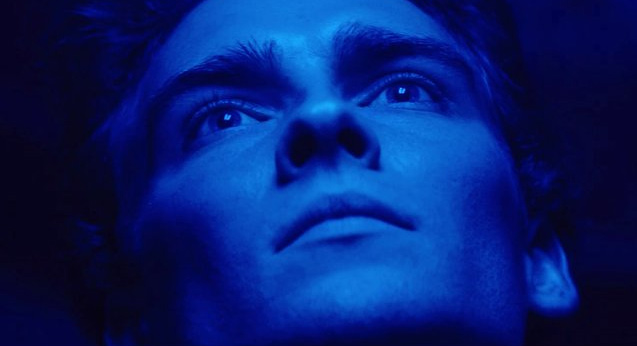
Describe your film in EXACTLY eight words.
Modern fairytale about our desire to be noticed.
What drove you to tell this story?
My films are often dark, allegorical tales. By creating a strange world behind a familiar one, like in Golden Boy, I hope to uncover the underlying truths of our world—the isolation, absurdity, inauthenticity. So for me, the fantastical is a way of expressing reality and the truths we all face in a modern world.
Can you share your favourite memory during your time making this film?
Filming the opening scene was quite special. The gold backdrop was a last-minute decision and we stuck it together using hundreds of individual pieces of gold foil! Also, we didn’t know if the gold confetti canon idea would work at all. So when it all came together and I looked at the monitor, I had goosebumps.
What was the last great film you saw?
Esther Mauga, director of Our Father
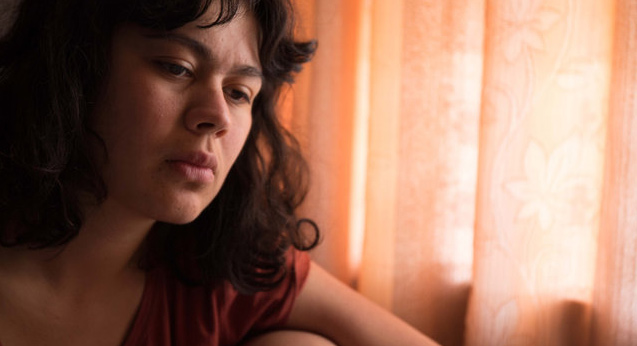
Describe your film in EXACTLY eight words
A family is forced to reconcile their history.
What drove you to tell this story?
The need to explore colonisation as a theme, in direct relation to my life, those I love, and those who have passed. To have something positive to offer.
What reaction are you hoping to get from audiences?
That it leaves them with hope.
Can you share your favourite memory during your time making this film?
It may not make sense without context but the vivid image of Ma, Samara and Foua (my three leads) standing at the window in my aunty’s kitchen—I cried and cried that day. Everything filmed in that house (in that suburb, actually!), being on location, being immersed in a place that houses so much āiga history—walking with it.
What was the last great film you saw?
Becs Arahanga, Director of Hinekura
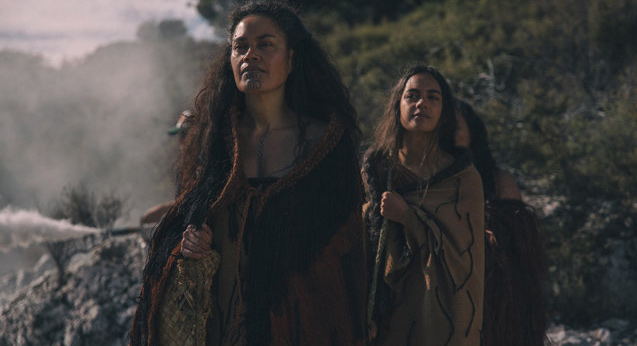
Describe your film in EXACTLY eight words.
A powerful indigenous female coming-of-age story.
What drove you to tell this story?
A desire to bring back and reinstate our cultural practices. Also, as a reminder to ourselves and especially our youth, of how precious and powerful they/we are.
What reaction are you hoping to get from audiences?
I hope our audiences will have a sense of pride and appreciation. I also really hope it starts conversations amongst us about what we know/experienced and would like to see in the future.
Can you share your favourite memory during your time making this film?
Watching all the magic moments that the actors brought to life. Hanging out at the end of the days talking, singing and laughing… or crying. The whole experience was special.
What was the last great film you saw?
I just watched a film in Sydney called Honeyland, a raw heartbreaking documentary about a beekeeper living in Macedonia. It was harrowing and brilliant.


